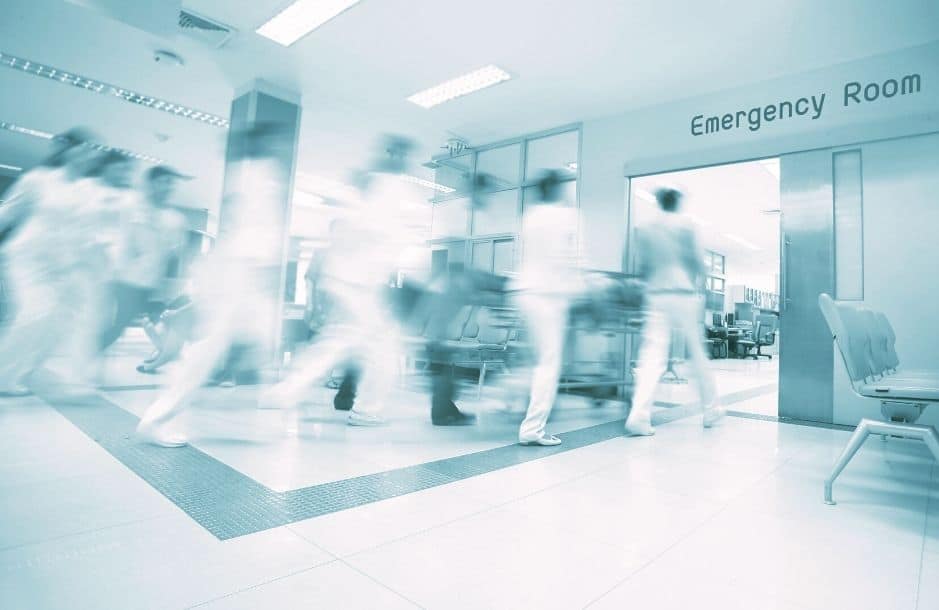If a patient is on their way to your emergency room, it’s likely because they’ve sustained some type of serious injury or are fighting a severe illness or infection. Luckily, you and the rest of the medical staff are there to provide those patients with treatment, relief, or reassurance. But accidents do happen. Read on to learn some common mistakes that happen in the emergency room so that you know what to look out for.
Misdiagnosis
Misdiagnosis can occur because the sign and symptoms of some illnesses are the same. Be aware and run all necessary tests before diagnosing patients; misdiagnosis can delay or worsen the condition, depending on what actions you take to treat the wrong condition. You should also take your time before diagnosing to prevent malpractice claims.
Improperly Performed Procedures
Simple neglectful actions, such as not washing your hands before entering a room and taking your gloves off incorrectly, can risk a patient’s health. Performing the necessary sanitation procedures is vital because germs can cause infections and lead to further health complications. But the devil is in the detail, unfortunately, when it comes to your actions!
Improper Discharge
The most preventable but common mistake that happens in the emergency room is in the patient discharge procedure. Often, when a doctor or nurse tells a patient that they’re all set—just waiting on x, y, and z—the patient may misunderstand and leave the hospital without the proper clearance because they’re anxious to leave. Communicate clearly with patients and staff to ensure that the patients are aware of what’s happening. And if a patient does decide to go without being officially discharged, have them sign a waiver indicating that they’re leaving against medical advice.
Medication Mistakes
According to the National Institutes of Health, a few forms of medication errors include the following:
- Administering at the wrong time.
- Administering the improper dose.
- Distributing the wrong medication.
- Using the wrong method of administration.
Delayed Treatment
Missed or delayed treatment is one of the most common medical errors. Ensure that you’re managing your time well so that you can treat each patient promptly. If you get results but can’t check in with the patience yourself, delegate the task to a registered nurse.
Learning how medical facilities can prevent mistakes will save you headaches, lawsuits, bad reviews, and rebranding. Take a moment to breathe before stepping in to work to keep yourself grounded throughout your shift.







